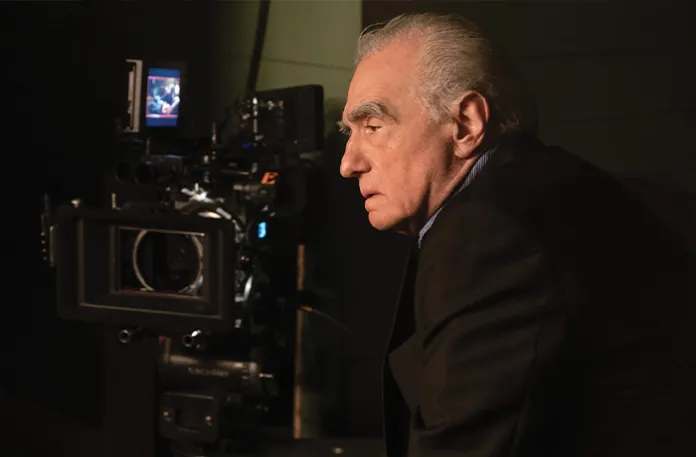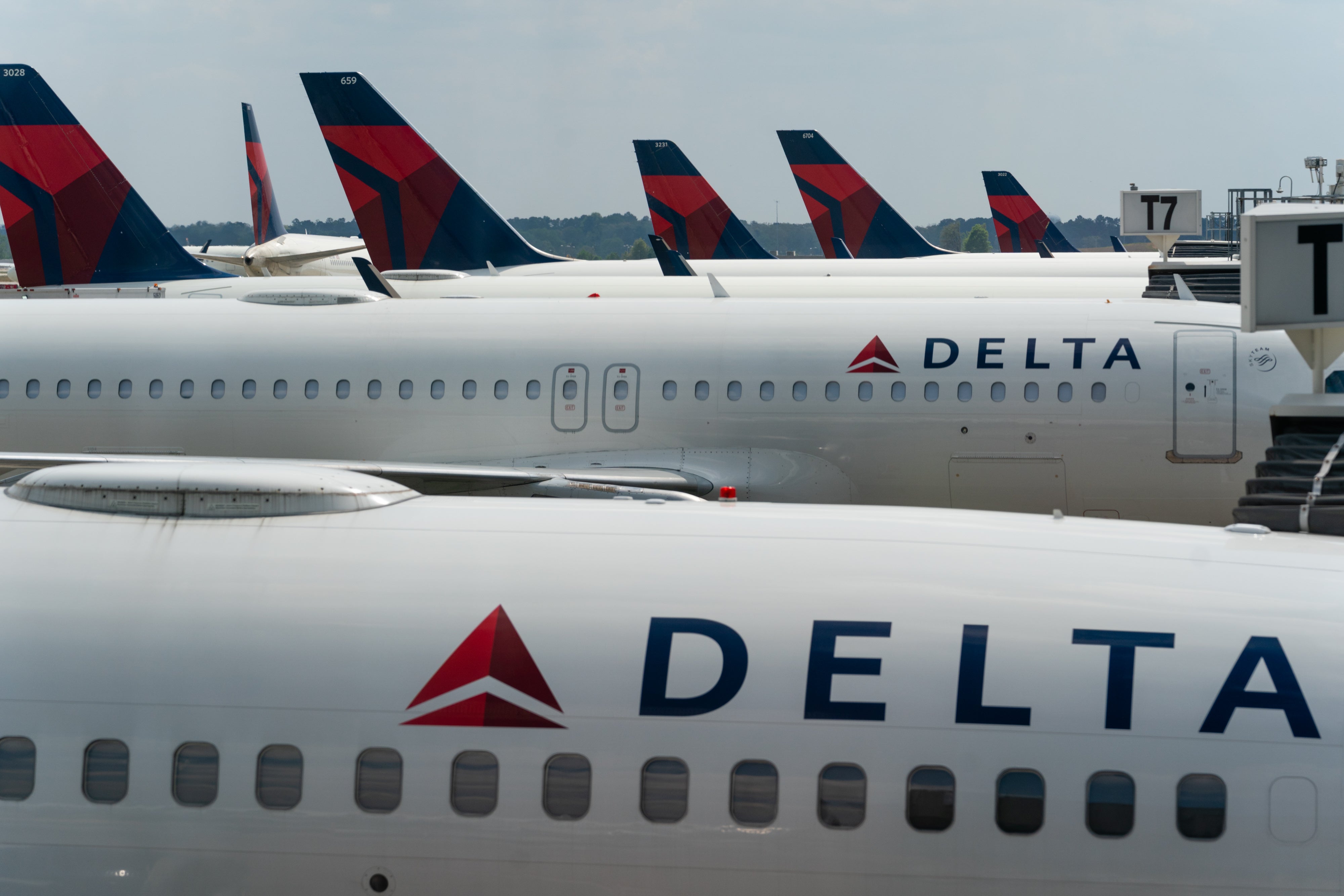The scent of possibility hung heavy in the air that summer before college. An older boy, someone I deeply admired, lent me a book – *Scorsese on Scorsese*. It wasn’t just the promise of adulthood the volume held, but a revelation of a world I hadn’t known existed. Raised in a home of literacy, I’d never encountered art discussed with such passion, such raw intellectual energy. It unlocked a door I hadn’t realized was closed.
Years later, those feelings flooded back while watching a new documentary series about his life and work. Directed by Rebecca Miller, it’s a comprehensive and deeply respectful look at one of cinema’s most influential figures. The series features insights from those who know him best – Robert De Niro, Leonardo DiCaprio, Steven Spielberg, and a constellation of other Hollywood luminaries, all drawn to the power of his vision.
The portrait that emerges is of a filmmaker shaped by a unique and often contradictory upbringing. Born to Sicilian immigrants in 1942, Scorsese’s early life shifted from the tight-knit community of Queens to the gritty streets of the Bowery. Surrounded by a world of both devout Catholicism and unspoken codes of silence – his mother’s warning, “If you see something, don’t say anything” – he developed a fascination with the complexities of human nature, believing even the most flawed individuals possess a hidden depth.

Scorsese’s early career unfolded against the backdrop of 1970s New York and Hollywood. After initial successes, he embarked on *Taxi Driver*, a film that would cement his reputation as a visionary artist. Though initially dismissed by some, including Cannes president Tennessee Williams, it ultimately won the Palme d’Or and captivated American audiences. This was followed by the challenging *New York, New York*, and then, in 1980, *Raging Bull*, hailed by many as the decade’s finest film.
These were turbulent years, marked by personal struggles, yet the series brilliantly illuminates Scorsese’s unwavering dedication to his craft. We see how he meticulously used framing to convey Travis Bickle’s isolation, deliberately keeping others outside of De Niro’s space. We learn how the shower scene from *Psycho* served as inspiration for the climactic fight in *Raging Bull*. And we’re reminded of the subtle power of restraint, like the lack of close-ups in the infamous “Funny How?” scene from *Goodfellas*, amplifying the mounting tension.
Even without these iconic films, Scorsese’s impact would be undeniable. His work has permeated the cultural consciousness, even influencing real-world events – most notably, the attempted assassination of President Reagan by a man fixated on *Taxi Driver*. Beyond that, his career continued to flourish, including a fruitful collaboration with DiCaprio and a willingness to confront controversial subjects, like the uproar surrounding *The Last Temptation of Christ*. This documentary isn’t just about a filmmaker; it’s about the enduring power of cinema itself.
The series isn’t without its flaws. It occasionally veers into overly analytical territory, attempting to psychoanalyze Scorsese through the lens of his characters. Some interpretations, like those offered by an ex-wife, feel forced and ultimately distract from the core subject: the work itself. Scorsese himself comes across as somewhat self-absorbed, but his artistic output transcends any personal shortcomings.
Is his work universally brilliant? Perhaps not. Some films, like *Bringing Out the Dead*, are undeniably challenging. But from *Taxi Driver* to *Raging Bull*, Scorsese created a body of work that has become integral to the American artistic landscape, as essential as any painting or song. His films didn’t just entertain me; they fundamentally altered my understanding of storytelling and the world around me. And now, thanks to this remarkable documentary, that opportunity is available to a new generation.





